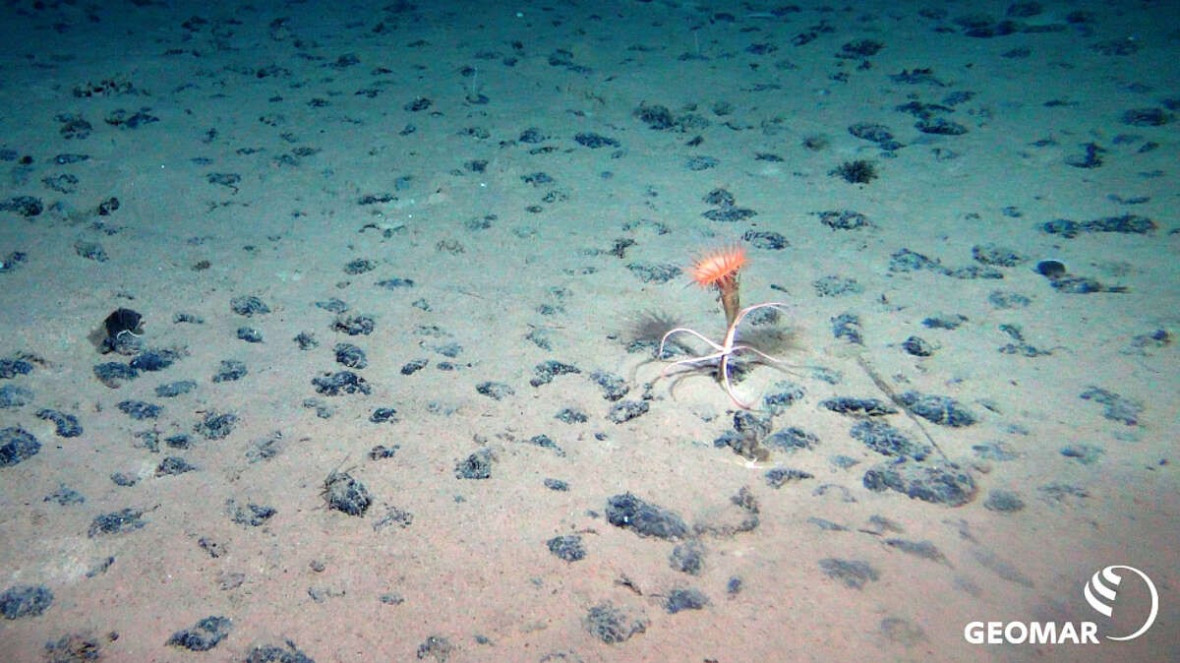Ocean Governance

Humans depend on a healthy and productive ocean - it is a vital source of food, regulates the global climate, hosts a wealth of biodiversity and offers cultural inspiration or opportunities for leisure. But the ocean is exposed to immense threats as human uses and pressures such as climate change continue to exceed sustainable limits. With the growing demand for food, energy, and resources along with new technological developments, the challenges facing the ocean - and humanity - are only mounting. Innovative and effective governance approaches are therefore essential to ensure that coastal and marine ecosystems and the resources they offer are sustainably managed and adequately conserved for current and future generations.
The Ocean Governance group at RIFS conducts research at the science-policy-society interface to understand the challenges, advance ocean governance and support the transformation to a healthy and sustainably managed ocean. By engaging in policy processes, facilitating stakeholder dialogue, and investigating existing and potential future ocean governance systems, the research group generates new knowledge to underpin policy making and advance societal responses. Closely collaborating with diverse actors at the national, regional, and international level, the Ocean Governance group employs transdisciplinary research methods to ensure tangible, impactful outcomes and contribute to scholarly, societal, and political discussions.
In particular, the Ocean Governance research group focuses on key policy processes in the context of the United Nations' 2030 Agenda for Sustainable Development, seabed mining, marine pollution, and biodiversity conservation (including the high seas), and at the ocean-climate nexus. The group also explores EU ocean governance, providing new insight for marine policy and the EU Green Deal, including on questions of coherence between multi-layered governance structures and between cross-sectoral governance arrangements.


































































